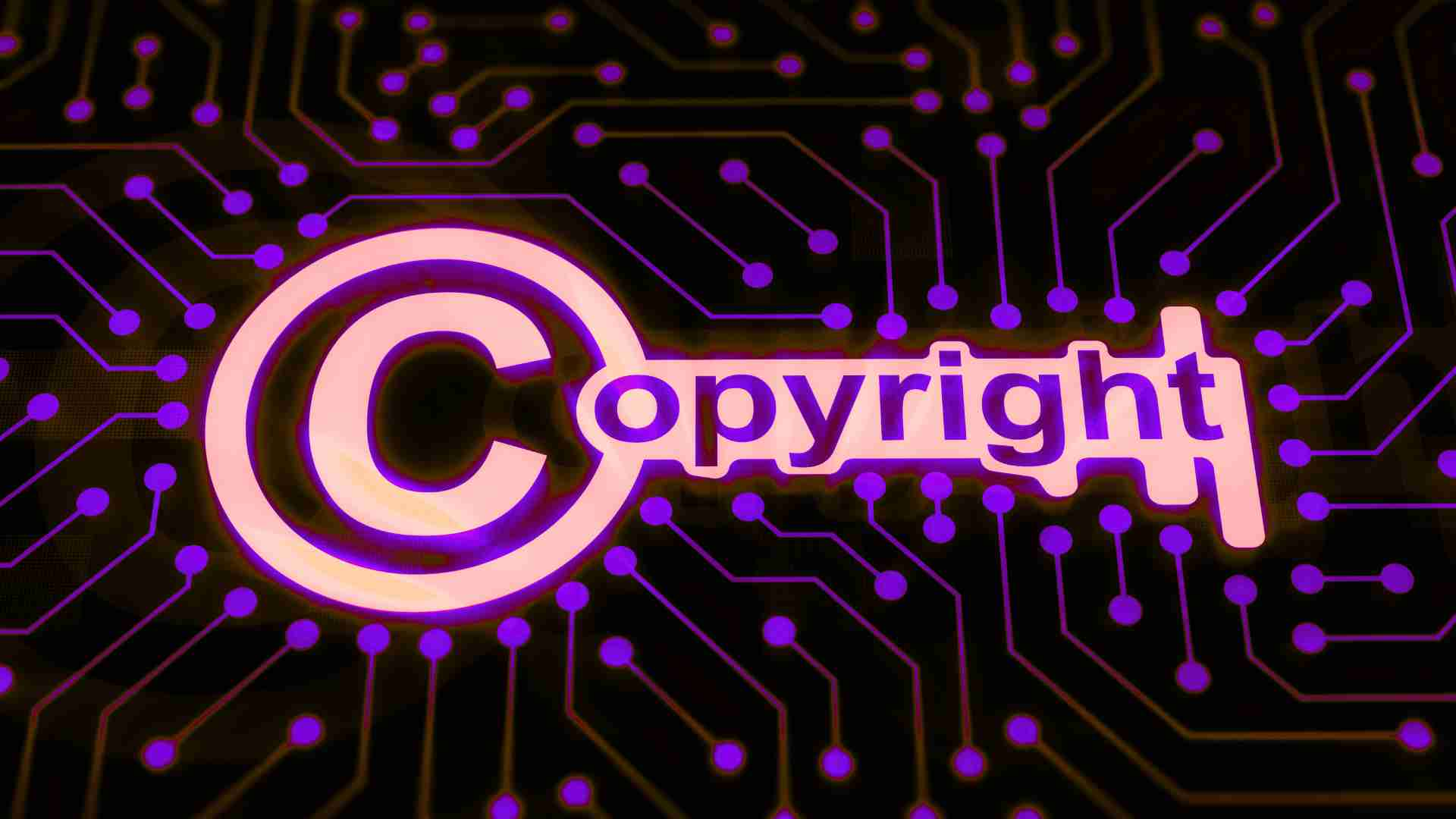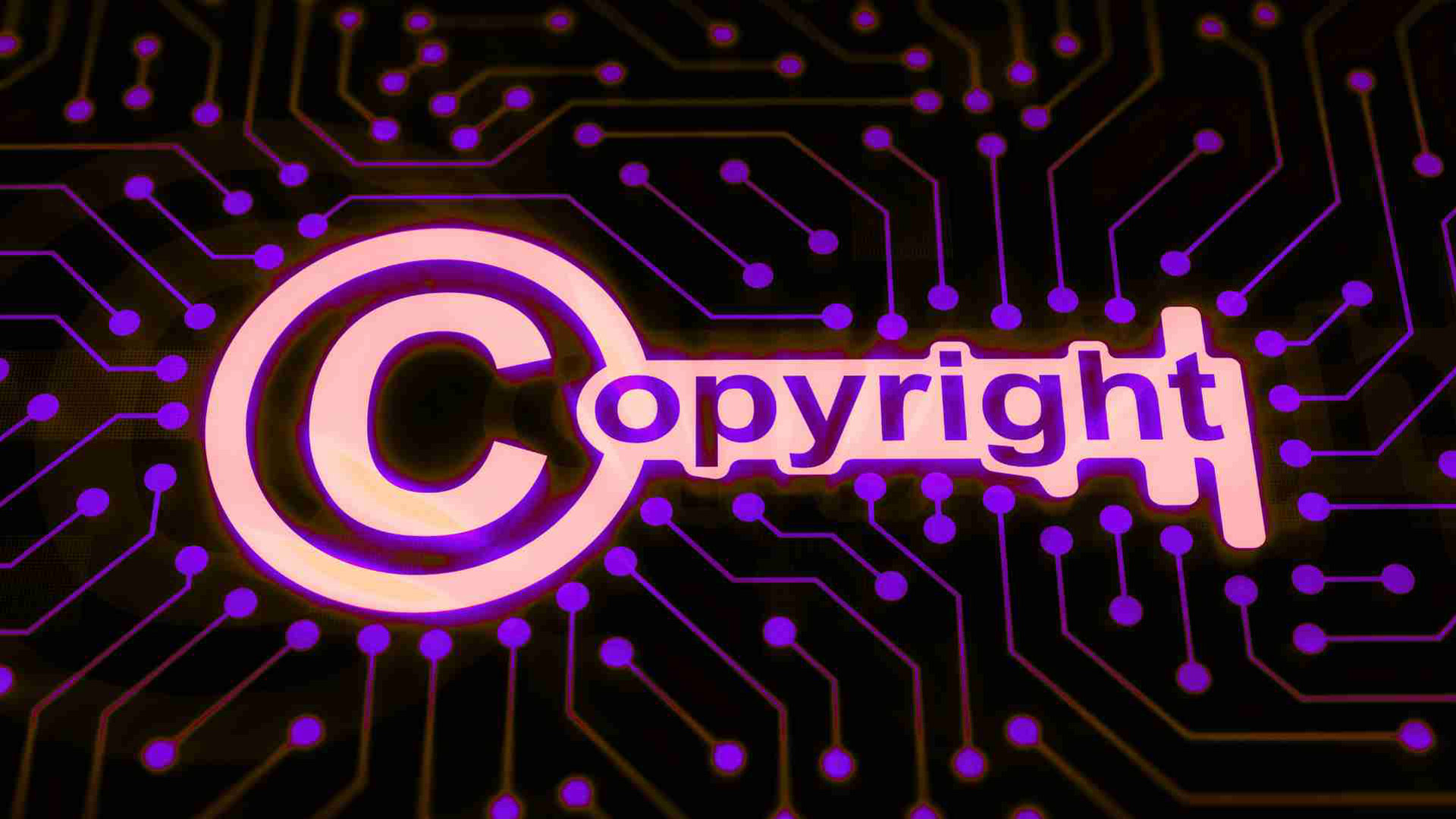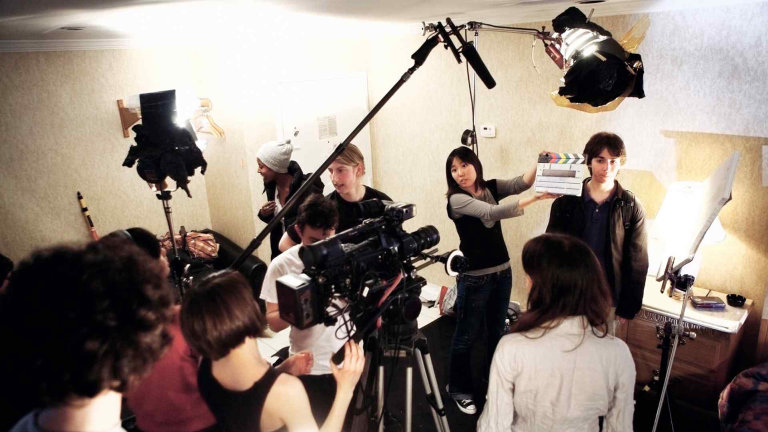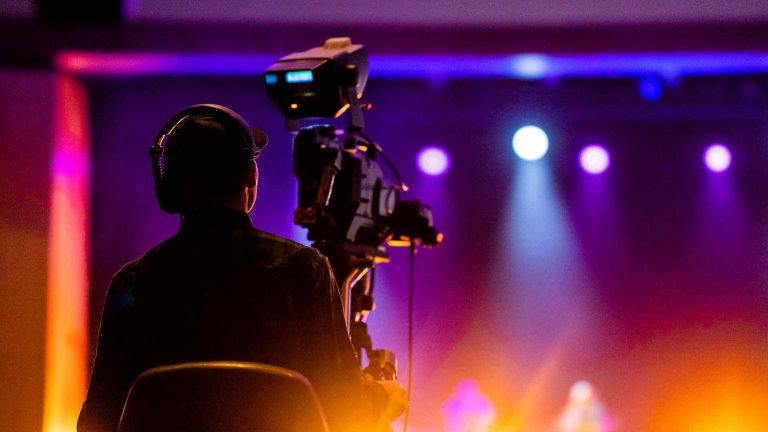
Understanding copyright is one of the most important steps for any musician. It protects your creative work and ensures that you receive proper credit and compensation when your music is used, shared, or performed.
1. WHAT COPYRIGHT PROTECTS
Copyright automatically protects original works of authorship the moment they are created and saved in any tangible form. For musicians, this includes:
- Lyrics and melody (the composition)
- Sound recording (the recorded version of the song)
- Artwork, album covers, and promotional designs
Even a rough demo recorded on your phone is protected immediately. However, registering your work gives you stronger legal rights if someone infringes on your music.
2. COMPOSITION VS. RECORDING
There are two main types of music copyright:
- Composition copyright protects the melody, lyrics, and musical structure.
- Sound recording copyright protects the specific recorded version of the song.
If you write and record your own music, you own both. If someone else records your song, you retain the composition rights while they own their recording.
3. WHO OWNS THE RIGHTS
The creator automatically owns the copyright unless the work falls under a contract, label agreement, or “work for hire” arrangement.
If you collaborate, clarify ownership splits in writing:
- Lyricist and composer may each own 50 percent of the composition
- Bands may share recording ownership equally
Clear agreements prevent disputes later.
4. HOW TO REGISTER YOUR WORK
In the United States, you can register your songs with the U.S. Copyright Office.
Official website: copyright.gov
BONUS TIP FOR EMERGING ARTISTS
Treat copyright like creative insurance. It may not feel urgent now, but once your music gains momentum, proper protection ensures you get credit and paid for your work.






